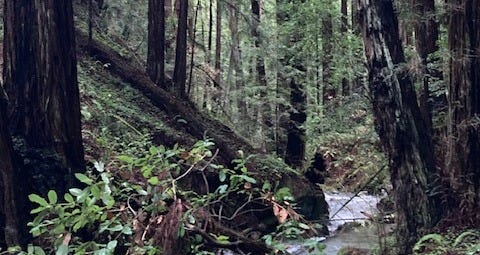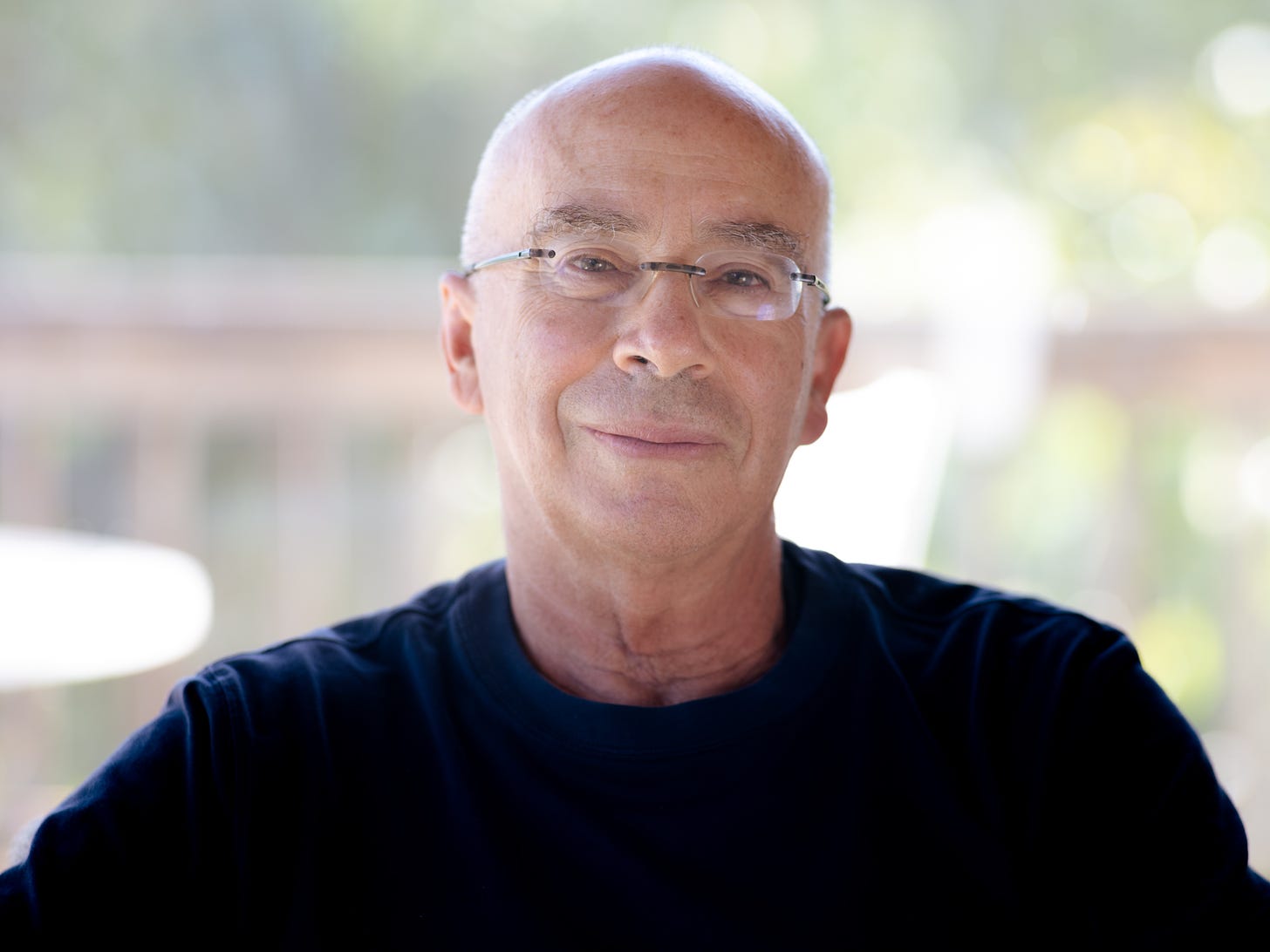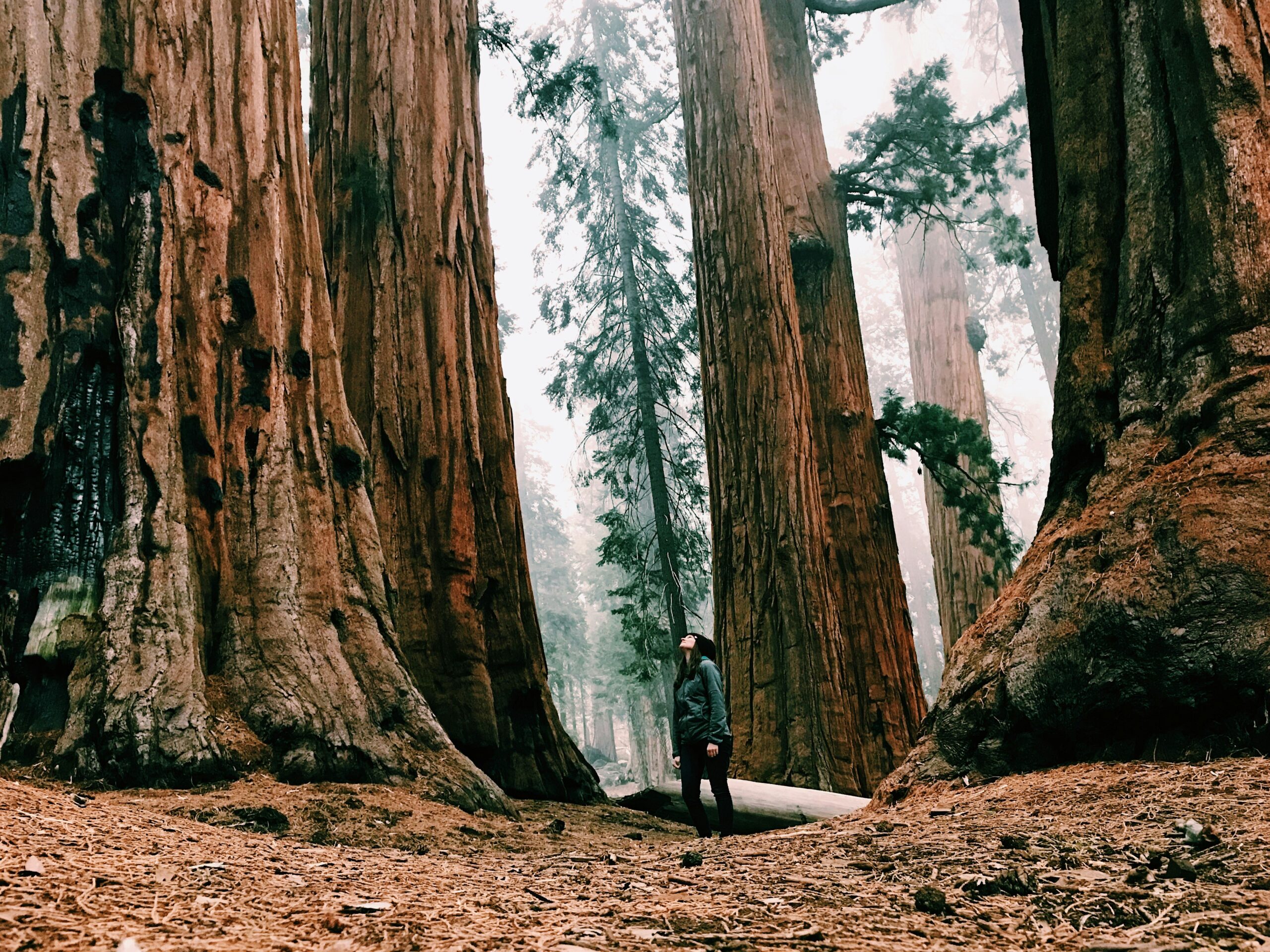The Art and Practice of Perspective-Taking
There is a story about a rabbi who carries two slips of paper in his pocket. One said “The world was created for me.” The other slip of paper said “I am but dust and ashes.” His practice is to know when to reach for which message.
- What Do You Call The World?
- A Poem, by Rumi
- What I’m Watching
- Half Day Meditation Retreat (Sunday, 3/30)
- Tassajara Workshop, (August 26 – 31)
We all live in many, many worlds. Have you noticed? What are some of the worlds you live in?
My worlds this morning include the world of reading and writing. Right now, here I am at the keyboard, aware of the connection between thoughts, feelings, body, and hands. I woke up this morning aware that it was dark and 5:25 a.m, and before that I was in the world of sleeping and dreaming. I dreamt that I was in my 20’s running through city streets and then streets from the neighborhood in New Jersey where I grew up, followed by a dream wondering how I could be running so unencumbered given the state of my artificial hips. (I actually do have titanium hips.)
Then waking up, standing with these feet touching the floor, I entered the world of a hot shower, a cold shower, and then hot shower. And then the world of reading the New York Times. What a world that is. Dramas upon dramas, mostly bad, awful events, domestic and international. Then some slight relief exploring the arts, business, and sports sections.
This question, “What do you call the world?” comes from a classic Zen story from a collection of Zen stories from the Golden Age of Zen in China (600 – 900 CE) called The Book of Serenity.
The story is a dialogue between two renowned Zen teachers:
Teacher A asks: How is Zen in the South these days?
B responds: There is lots of study, practice, and discussion
A: How can you compare to my temple where we plant fields and grow rice?
B: What are you doing about the world?
A What do you call the world?
I feel a good deal of curiosity and affection for story, especially this line, this question: What do you call the world? It highlights the reality that we all live in many worlds and that our freedom lies in our perceptions, perspectives, and choices.
The practice of perspective taking, is noticing that we exist in many worlds and being aware of where we put our attention, our thoughts, and our life energy. It’s a choice, and it’s a practice. It is the aspiration to see, think, and act with as much clarity as we can muster – not avoiding what is painful, but not causing unnecessary pain.
Right now it can be daunting to know how much attention to give to the geopolitical world. It can be deeply disturbing. Avoiding and denying don’t appear as good options, nor is being submerged and thrown around by the negative energy.
I find myself aspiring to lean in to and bring forth the worlds of uncertainty and of kindness. We don’t know what will happen next, really. It is easy to catastrophize and imagine and feel what could go wrong. To me, Trump being elected once was impossible, twice, even more impossible. Obama being elected was also impossible. So, we don’t know what will happen next. I aspire to live with a sense of uncertainty over pessimism.
And, choosing kindness, is a world I want to inhabit as much as possible.
One way to contend with the difficult, daunting worlds is the perspective of Winston Churchill, from a time where London was being fire bombed. His approach, in how to think and lead during horrific times revolved around three practices:
1) No sugar coating – not turning away from what is difficult and painful. Seeing and feeling what is, as much as possible.
2) Cautious optimism – bringing attention to what’s possible, exploring what a positive outcome might look like, and developing a plan of action of how you might get there.
3) Purpose and meaning – returning to the questions and issues of what matters most. Asking the “why” and the “what” questions. Why are we doing this, really? What’s possible?
Practice:
Explore asking and answering this question: What do you call the world?
Bring attention to the worlds of:
· Uncertainty – try on not knowing what will happen next, combined with not-sugar coating.
· Kindness – at home, work, and especially with ourselves, with a touch of cautious optimism.
· Ordinary and sacred – what if everything is ordinary and sacred?
Collections of Zen koans often include some commentary by the collector of the stories. A short poem that is a commentary on the story between two Zen teachers goes like this:
Everything is made up;
Daily life is filled with ordinary matters;
Only those who investigate fully can distinguish the ordinary from the sacred;
Once you investigate fully, you discover there is nothing to seek.

(Muir Woods, first week of February 2025)
A Poem by Rumi (translated by Coleman Barks)
Don’t be satisfied with stories, how things
have gone with others. Unfold
your own myth, without complicated explanation;
Give up wanting what other people have.
that way you’re safe.
This is not a day for asking questions,
not a day on any calendar.
This day is conscious of itself.
This day is a lover, bread, and gentleness,
more manifest than saying can say.
What I’m Watching
September 5 – Great film about the hostage crises during the 1972 Munich Olympics. It raises important questions about media, ethics, truth, and courage. “A tense ethical showdown with the racing pulse of a thriller, “September 5” revisits the day in 1972 when the Munich Olympics became a very different kind of international spectacle.” – Manohla Dargis
Half-Day Meditation Retreat, Sunday, March 30th
In person in Mill Valley and online
Tassajara, Step Into Your Life Workshop, August 26 – 31
Come join me at Tassajara, Zen Mountain Center for a 5-day retreat. Together we’ll follow a gentle schedule of sitting and walking meditation, interspersed with talks and discussions from the wisdom of Zen teaching as we explore how these stories and dialogues may be utilized in our relationships, our work, and our lives.

Warmest regards,
Marc

